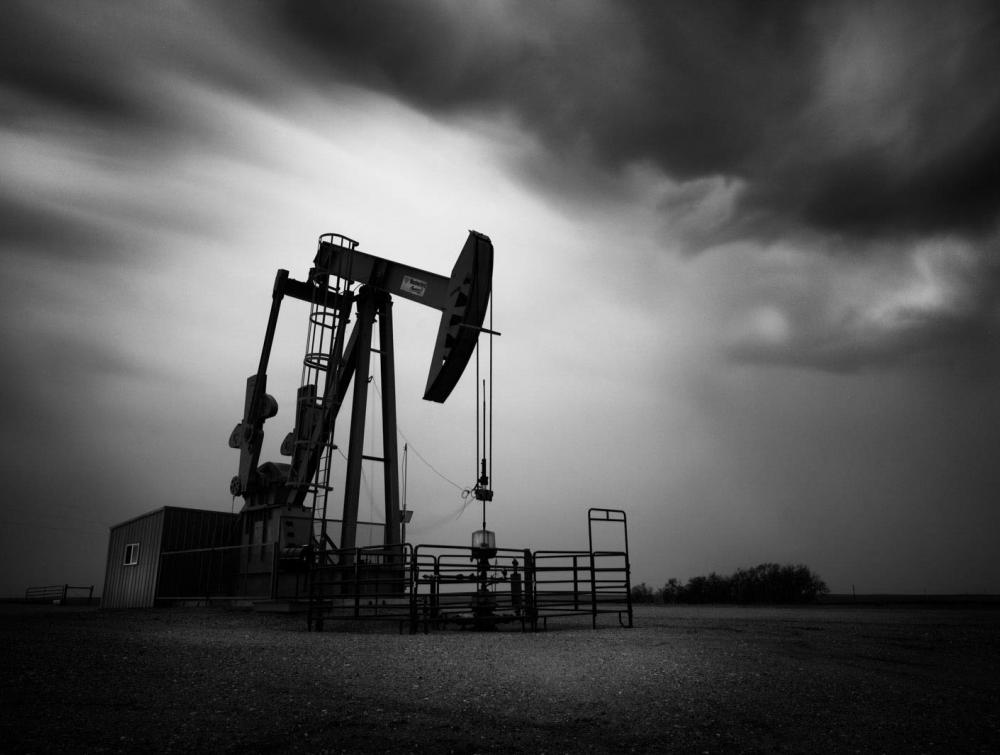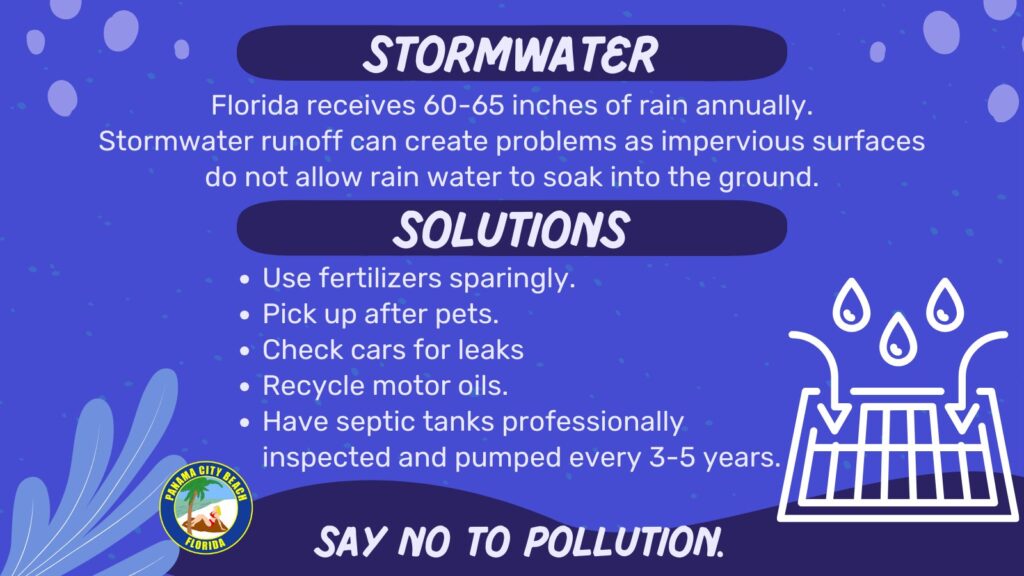Oil has been a crucial part of our lives for many years. It has powered our vehicles, heated our homes, and fueled our industries. However, despite its many benefits, oil also has its negative aspects that we need to consider. In this article, we will explore two significant negatives of oil and their impact on the environment and society.
1. Environmental Pollution
One of the most significant negatives of oil is its contribution to environmental pollution. When oil is extracted, transported, and processed, it releases harmful pollutants into the air, water, and soil. The burning of oil releases carbon dioxide, sulfur dioxide, and nitrogen oxides into the atmosphere, contributing to climate change and air pollution. Oil spills, whether from offshore drilling rigs or tanker accidents, can devastate marine ecosystems, killing wildlife and contaminating coastlines for years to come.
Moreover, the extraction of oil often involves destructive practices such as deforestation, habitat destruction, and water pollution. Oil spills can have long-lasting effects on the environment, disrupting ecosystems and endangering the health of wildlife and humans alike. The negative impacts of oil on the environment are far-reaching and require urgent attention to mitigate and prevent further damage.
2. Economic Instability
Another negative aspect of oil is its role in economic instability. The global economy is heavily dependent on oil, and fluctuations in oil prices can have significant impacts on both national economies and individual livelihoods. Oil-producing countries often experience boom-and-bust cycles as oil prices rise and fall, leading to economic instability, political unrest, and social upheaval.
Furthermore, the reliance on oil as a primary energy source can hinder the transition to renewable energy sources, such as solar, wind, and hydroelectric power. This dependence on oil not only perpetuates the negative environmental impacts of fossil fuels but also hampers efforts to combat climate change and achieve sustainability goals.

Credit: www.purelybias.com

Credit: www.wilderness.org
Conclusion
While oil has been a vital resource for human development and progress, it also comes with significant negative consequences that cannot be ignored. Environmental pollution, economic instability, and social disruption are just a few of the drawbacks associated with oil extraction, production, and consumption. It is crucial that we address these negatives and work towards a more sustainable and environmentally friendly future.
By investing in renewable energy sources, improving energy efficiency, and reducing our dependence on fossil fuels, we can mitigate the negative effects of oil and create a cleaner, healthier planet for future generations. It is time to prioritize sustainability and embrace alternative energy solutions to safeguard our environment and ensure a more stable and prosperous future for all.


